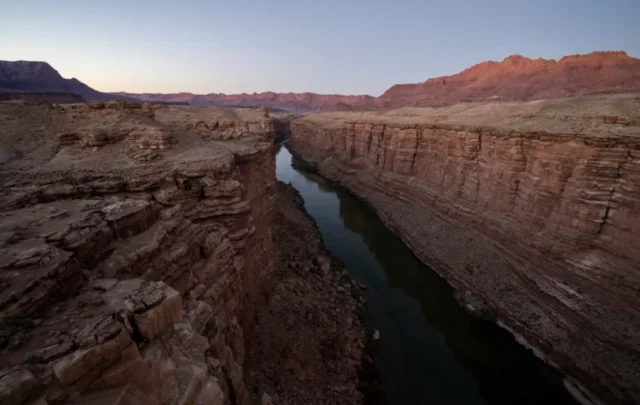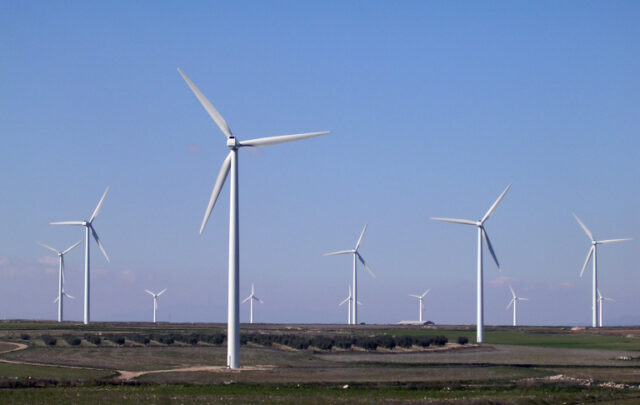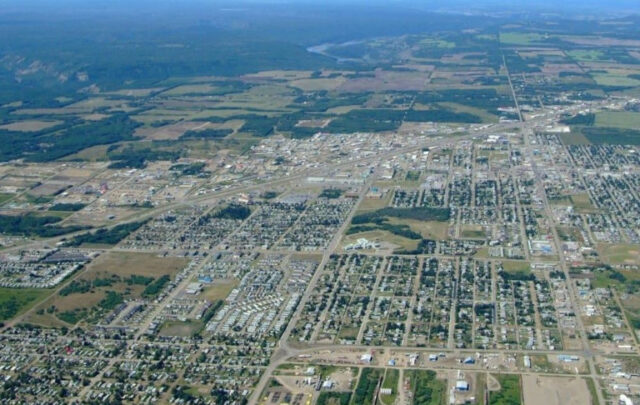Oil price in July 2008 reached a staggering $147 a barrel, having doubled in price over the previous 12 months. Who would have thought, that within half a year, a dramatic oil-price freefall would bring oil to a 5-year low of $35 a barrel – a price drop of 76%.
However, even though many have sighed in relief, experts are heralding new dramatic spikes in oil price. Oil prices might proceed erratically with huge ranges in peaks and troughs, but there is across-the-board consensus that the long-term price trend is up, way up.
In mid 2008 when oil reached $147, there was worldwide great interest in Peak Oil. Industrial society begins to grind to a halt with oil at that price. Agriculture, production industry, transport and even services begin to founder as society and its peoples begin to unwind economically unable to meet the bill for massive price increases in everything dependent on energy, and that is about everything when we begin to think about it. Actually world economic development has significantly faltered, the worst in decades, as nations and whole continents go into recession – even depression.
On the positive side, many see the collapse in oil prices to $35 a barrel – a 76% decrease – as a welcome providential gift.
However, both peak price and its subsequent trough are not good for the world at all. The world economy had a hard landing and the price of oil went into freefall and we rejoice for the arrival of the elixir for the ailing economy.
But, we need to consider, and at length.
Expensive oil probably facilitated an early economic decline of world economies, and cheap oil it appears is just what we need, but in fact not so. Cheap oil does not bode well at all in the immediate future.
The inclusive world average cost for crude oil production is probably around $60 a barrel. Any prices significantly below this mean that industry is not running at a viable level, with attractive profits. At $35 per barrel many oil exporting nations are now running into deficits. Oil exploration, development and maintenance projects are either completely scrapped or put on hold. In addition, society is quickly forgetting about the oil crisis and goes back to high consumption, in a life style that is excessively energy hungry.
Low oil prices also present a major stumbling block for the development of new generation energy systems and technologies which are typically more expensive than conventional crude oil has traditionally been. Hence, a stalling of many alternative energy projects.
World conventional oil production has almost definitely reached a peak plateau in 2005 and it set with pent-up forces to move into terminal decline – there just isn’t the oil available.
Most countries round the world are beyond peak oil, and oil reserves in the ground are probably far below the stated levels. Also many oil exporting countries will need much more oil in the immediate future to fuel their own economic development and growing domestic needs, hence they will export much less oil, due to both declining supplies and growing home demand.
Also, future oil prices will be far higher as much of the oil reserves left in the ground are unconventional oil:
- Difficult to get out due to geology or its depth
- Poor quality
- Scattered in small fields
- In hostile polar or marine environments
So much of the remaining reserves are problematic for these several reasons, and the bare cost of supply will probably soon be way beyond $100 a barrel.
We must not expect that cheap oil will be with us for much longer. And, a final even bigger problem, when the world economies do pick up again in renewed economic development, we will have even less oil than we thought we would originally have, because we stopped exploration and development, due to the unattractiveness of low oil prices.
So where to?
We can expect renewed shortages of oil and price hikes way beyond $150 a barrel very soon, and this will have economic, political and geopolitical implications beyond what many expect. This could forewarn of a new world (dis)order, with the “rise of the rest”, as we see the world move into post-globalization, post-AngloSaxon fragmentation – what the late Samuel Huntington and others have called “civilization clash”, when international rivalries are exacerbated by power blocs, jockeying for advantage, to ensure the secure supply of oil at the best possible price.





